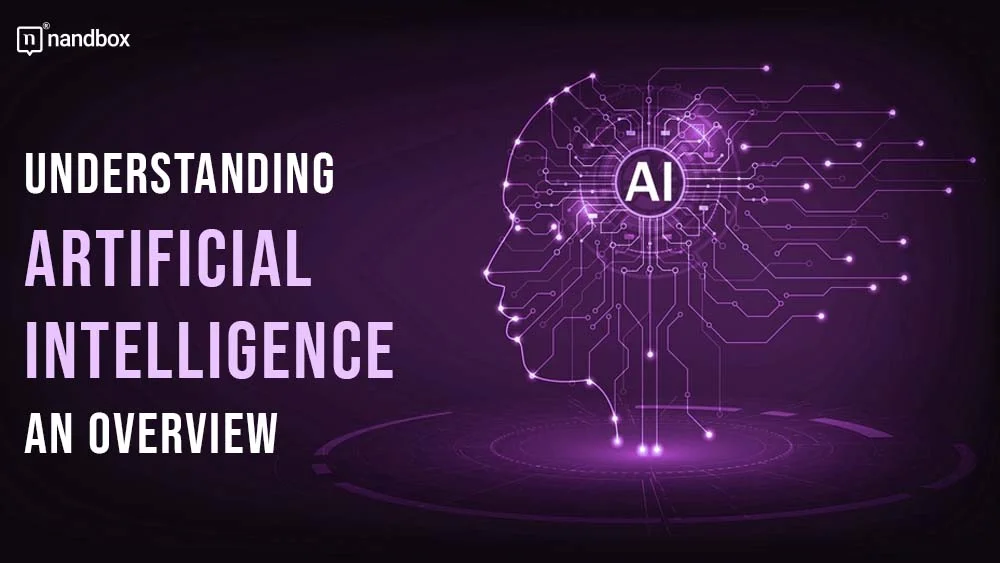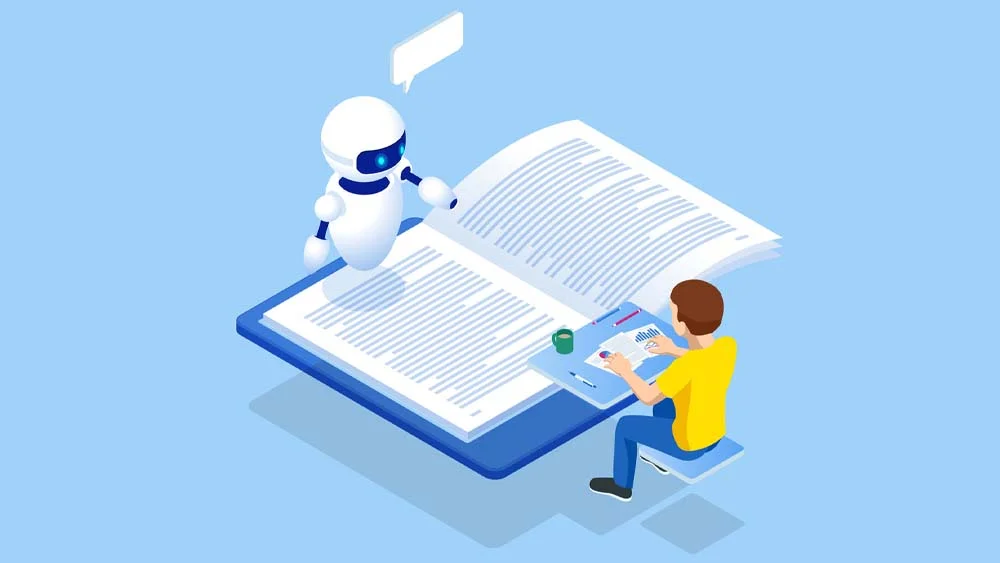Before we jump into the regulation debate, let’s clarify what we mean by artificial intelligence. AI is a broad field of science and technology focused on creating machines capable of performing tasks that would typically require human intelligence. These tasks include things like decision-making, language understanding, and visual perception. AI systems range from simple algorithms used in calculators to highly complex systems that can drive cars or diagnose diseases.
Why the Call for AI Regulation?
One of the primary reasons for regulating AI is to protect privacy and security. AI systems can process vast amounts of data much faster than humans can. Without proper safeguards, this capability could be misused, leading to significant breaches of privacy. Imagine an AI system that could comb through social media to predict someone’s behavior—handy, but also potentially invasive, right?
AI systems can sometimes make decisions that are difficult for even their creators to explain. This lack of transparency can be problematic, especially in critical areas like healthcare or criminal justice. Regulation could help ensure that AI systems are accountable and that their decision-making processes are transparent. How can we trust a system if we don’t understand how it makes its decisions?
AI systems learn from data, and if the data is biased, the AI’s decisions will likely be biased too. Regulation can help ensure that AI systems are designed and trained to avoid discrimination, promoting fairness across all sectors.
Have you ever thought about whether an AI hiring tool might favor one demographic over another based on biased data?
Adapting Education to AI Challenges
A lot of different parts of life use Atria AI technologies, and school kids have their own problems to deal with. They have to deal with assignments, study papers, and even writing tasks that are done by AI, which are getting harder and harder and require them to think more critically and use technology better. Also, getting in touch with AI essay writing websites can be very important in today’s quickly changing academic world. CustomWriting gives students important help by giving expertise in different types of academic writing, which helps them deal with the difficulties of modern education. Helping students learn how to use AI tools in their studies well is especially helpful, as it makes sure they use technology to its fullest without hurting their learning.
The Challenges of Regulating AI
AI is getting better and better at a very fast rate, which makes things very hard for lawmakers. The technology that the law is supposed to cover may have changed by the time it is written. How can lawmakers keep up with a field that changes so quickly?
AI technology doesn’t care about where you live. People all over the world can use an AI system that was made in one country. Because AI is used globally, it raises the question of how countries can collaborate to create comprehensive AI laws.There needs to be a careful mix between controlling AI to keep it from doing harm and stopping new ideas from coming up. Too many rules could slow down the progress of AI and the good things it can do. How do we get things to mix up, right?
The Benefits of AI Regulation
People will trust AI systems more if they are safe, reliable, and fair, which can be done through good control. Furthermore, trust is very important for AI systems to be widely used and accepted. Would you feel safer using an AI-powered tool if you knew it had to meet strict standards for safety and ethics?
Rules can help set and enforce moral standards for the creation and use of AI. Also, these rules could stop people from abusing AI technologies in ways that are bad or wrong. Must we not make sure that AI is used for the greater good?
Regulation can help level the playing field in the AI business by setting clear rules. This could lead to better goods and services by promoting new ideas and competition. It would be great if AI companies fought to make the best and most moral technologies.
Conclusion
Is it time to regulate AI? Given the complexity and potential risks of AI technologies, a well-thought-out regulatory framework appears not only helpful but essential. Regulations can ensure that AI technologies benefit society while minimizing potential harms by addressing privacy, security, accountability, and ethical issues. As technology continues to advance, it will be important to keep pace with AI’s evolution and regulation.




